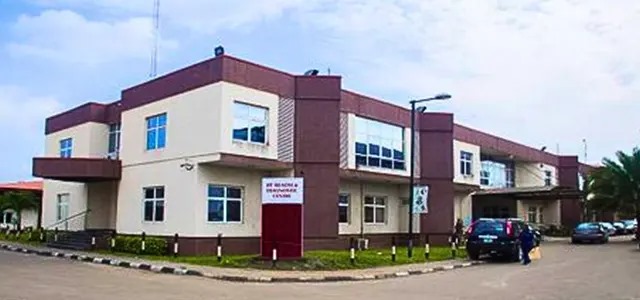
Replicating Lagos’ PPP Healthcare Model in Other States
By Dr Chikara Nwoke
The World Health Organization (WHO) posits that, “if all people have access to the health services they need, when and where they need it, without financial hardship, then universal health coverage will have been achieved”. Achieving healthcare equity is sacrosanct on the road to achieving universal health coverage.
Everyone has a right to access healthcare. In Nigeria, unfortunately, the cost of medical care is not affordable to many, and for those who can afford it, the demand for healthcare services often overwhelms providers, creating chains of delay.
Nigeria’s healthcare sector is largely underfunded and confronted by substantial infrastructure gaps. In public facilities where some infrastructure exists, there is poor maintenance culture and inadequate technical capacity to keep medical equipment functional. Moreover, the healthcare system is currently confronted by brain drain, deteriorating medical infrastructure, constant industrial action and poor remuneration for health workers.
Studies have shown that socio-economic barriers limit access to healthcare and in turn creates inequity. The economic environment, lack of social support structures, poverty, societal discrimination, impaired access to basic education are some of the factors creating inequity in Nigeria’s healthcare system. The resulting impact of these inequities can be seen in misdiagnosis, delayed treatment, high mortality and morbidity rates, substance misuse, anxiety, etc.
Achieving equity in healthcare often means eliminating or reducing the barriers to social and economic factors that impact on the health of an individual. As many governments and international organizations make universal health coverage a top priority, there is a need to re-examine our health systems to improve health outcomes for everyone.
One of the highlighted solutions with proven evidence of eliminating socio-economic barriers and delivering equitable healthcare outcomes is the Public–Private Partnerships (PPP). When governments and private businesses work together, they are able to leverage each other’s strength to boost healthcare systems and bridge the financial, managerial, technical and infrastructural gaps in the healthcare operating environment.
A long-term collaborative effort between government agencies and private-sector companies to fund public health institutions has been proffered as a viable model to ensure better service delivery and operational capacity.
A highly successful case study in Lagos State is the PPP between Lagos State University Teaching Hospital (LASUTH) and PPC Healthcare. Stemming from government’s budgetary limitations to provide advanced Medicare to its citizens, PPC Healthcare partnered with the Lagos State Government to provide cutting-edge medical interventions that utilize advanced diagnostic technology to address the healthcare needs at LASUTH.
Working in collaboration with PPC Healthcare, LASUTH provides the physical structure, clinical staff and other operational structures that ensures the smooth running of the facility. Since 2017, the center has recorded more than 90% equipment uptime as biomedical engineers from PPC Healthcare are always on-ground, round-the-clock to ensure optimal equipment performance. In order to save more lives and ensure swift access to medical attention, the center operates a 24-hour shift cycle, ensuring adequate manpower availability at all times.
The average turnaround time for tests is usually within an hour with the option to wait for test results or receive them electronically. The electronic delivery option has significantly reduced the waiting time at the center, allowing support staff to concentrate on responding to emergency tests and other urgent enquiries.
This partnership has allowed doctors to promptly receive radiology, pathology, cardiology and other test results that are top priority for medical diagnosis while focusing on managing the health of patients and improving outcomes.
Public-Private-Partnership models have been an important component of the healthcare delivery framework utilized in several developing countries and have produced excellent results, delivering clinical care at lower costs, bridging capacity gaps and improving quality of care for citizens.
Moreover, state governments that have adopted PPP’s have been able to address key infrastructural, financial and capacity gaps in healthcare service provision in their respective states. PPP’s have also supported the policy-making and regulatory functions of governments.